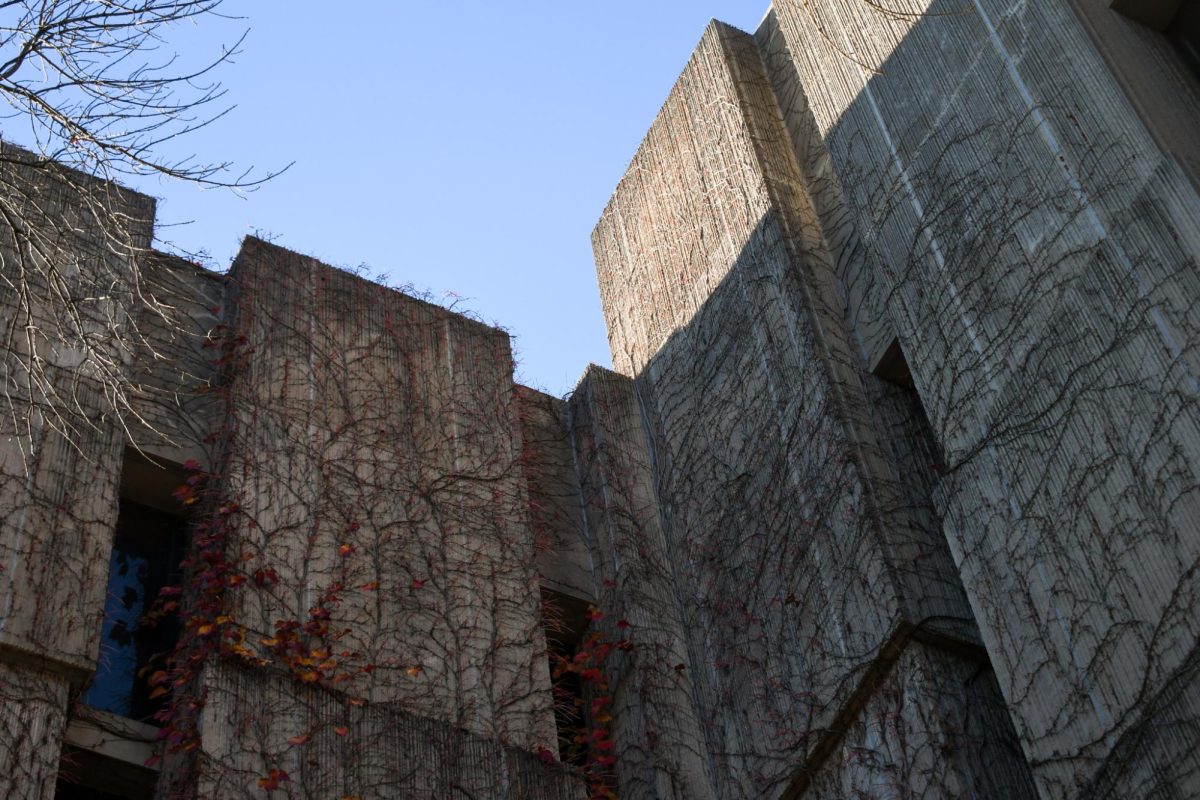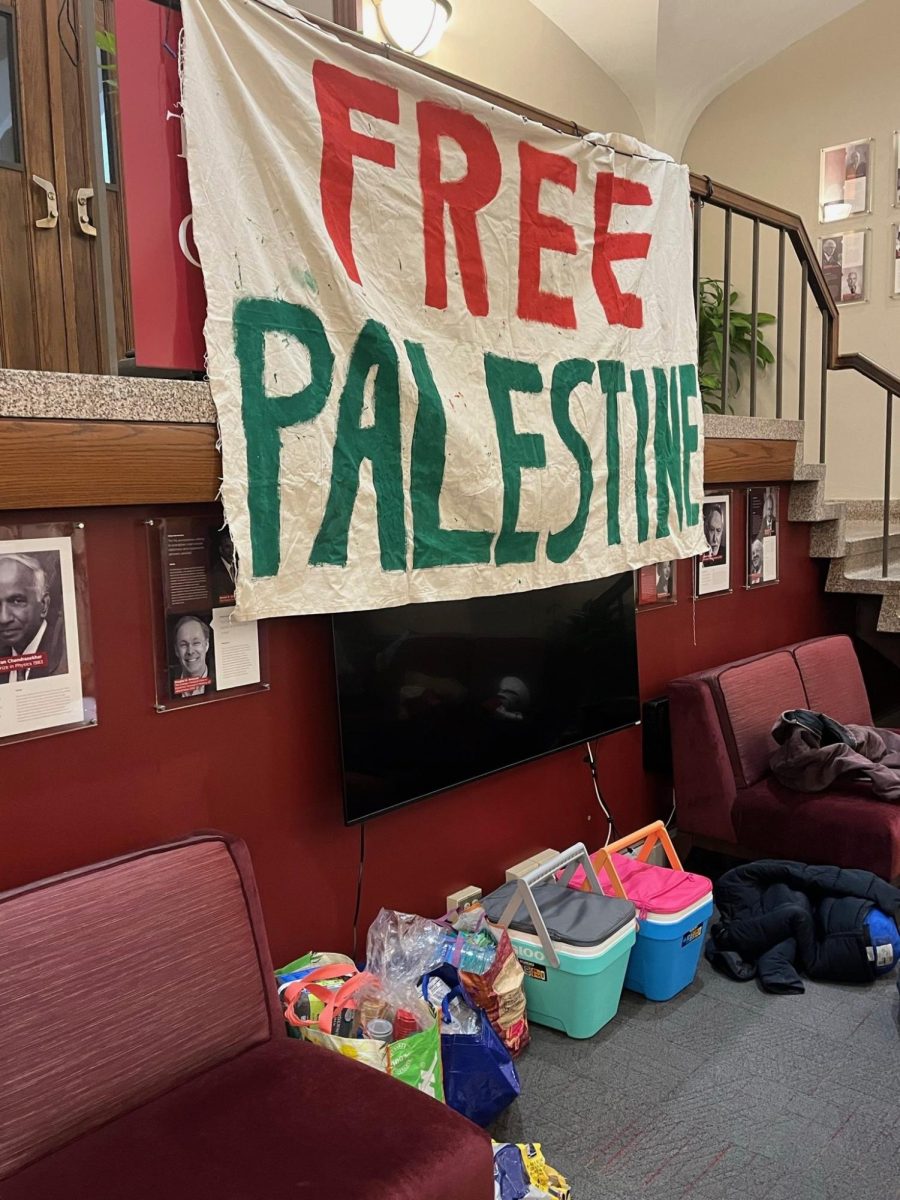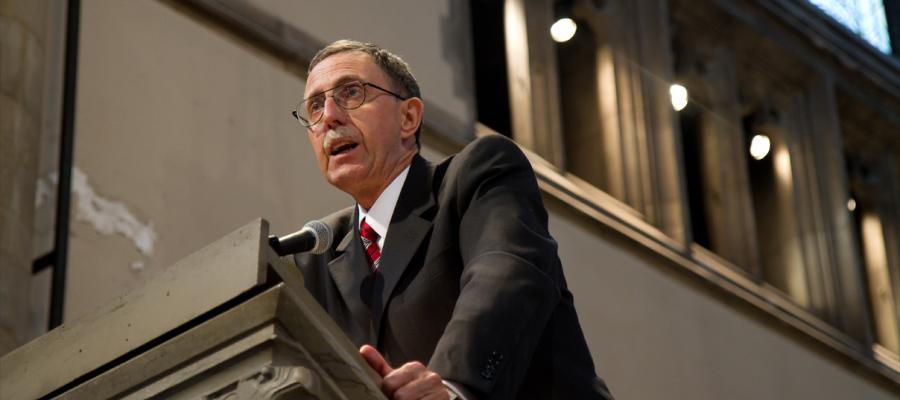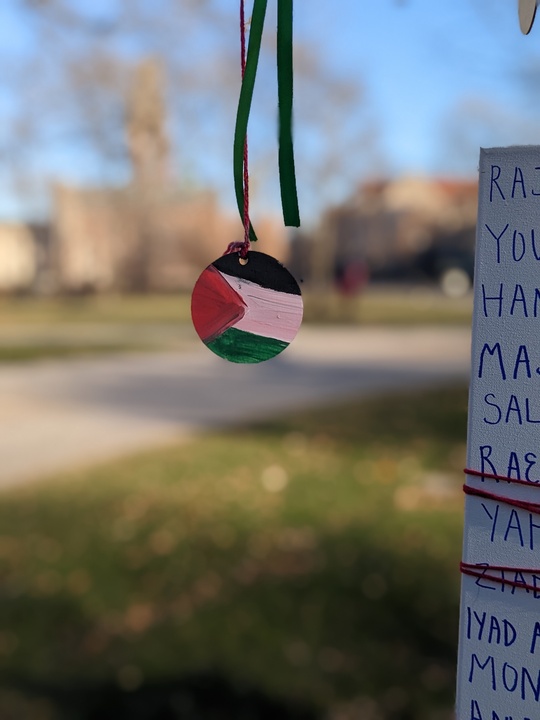It was perversely ironic to read the Viewpoint “Land of the Free?” (1/9/15) in the Maroon two days after the Charlie Hebdo attacks. As far as random coincidences go, it’s a rather heavy one. How striking it was to spend a day listening to people vocally defend free speech and then see an editorial arguing that exactly the sort of content Charlie Hebdo was publishing should be banned on campus. “Speech that offends, threatens, or insults groups based on race?” Check. “Color?” Check. “Religion?” Check, goddammit. Et cetera. I do not support much of what Charlie Hebdo published. Most of it was crass and only some of it meaningful. They really were racist at times. But sometimes the very nature of their offensiveness made a point that couldn’t be made in any other way. When they published cartoons of Muhammad, they weren’t so much making a point about Islam as they were saying, “To all the extremists in the world who would have us too cowering with fear to criticize your holy figure: Fuck off.” Is that not a meaningful opinion in a free society?
The Editorial Board would have the University “clearly differentiate hate speech and offensive speech,” but it is plainly impossible to do so. They themselves seem to admit this: the definition of hate speech they use includes “speech that offends, threatens, or insults” certain groups. This is a terrifyingly vast category. An article arguing that modern-day Islam has an extremist bent might well offend and insult Muslims. A pro-abortion piece might cause women to feel threatened; an anti-abortion piece might offend evangelical Christians. The Editorial Board argues, “While it’s important for students to challenge each other’s opinions, this should not come at the expense of students’ mental well-being or safety.” But anyone can make a case that a provocative opinion they disagree with threatens their mental well-being. It should! Speech and argumentation should make us uncomfortable—that’s what happens when you challenge a deep-seated opinion. Under the criteria the Editorial Board proposes, nearly any divisive issue might be branded off-limits for making students feel uncomfortable. Whatever speech under these terms is, it certainly is not free.
In my experience, most people who subscribe to an enforceable division between hate speech and offensive speech are noble-minded liberals who feel strongly about the welfare of marginalized groups. But by promoting a limited definition of free speech, these liberals would be undermining their own leverage to talk freely about the issues that are important to them. If a broad variety of speech can be reasonably construed as forbidden hate speech, authority figures would have a huge amount of power to determine the purview of tolerated speech on campus. And these authority figures might not necessarily share the same values as campus liberals. In a well-publicized incident, the University of Illinois recently retracted a decision to hire American Indian studies professor Steven Salaita after Salaita published several tweets criticizing Israel. Their rationale? The tweets were “uncivil.” Many of the people (perhaps most, though certainly not all) who argue for the division between hate speech and offensive speech are passionately pro-Palestinian. I imagine they would be horrified if events they organized, or speakers they hosted, were forbidden under hate-speech grounds. But the same justification University of Illinois gave for retracting Salaita’s hiring could be given for denying a pro-Palestinian group protest space or the right to hand out flyers. Similarly, it’s not hard to imagine nervous campus officials shutting down a demonstration against police brutality under the pretext that protesters promote “threatening” discourse. With a broad definition of free speech, we are secure in our belief that we will not be persecuted for expressing our own convictions. The trade-off is that everyone else is able to express their own convictions, even when these seem odious or repugnant to us. It’s not an easy trade-off, but it’s a necessary one.
—Max Bloom
Class of 2018







